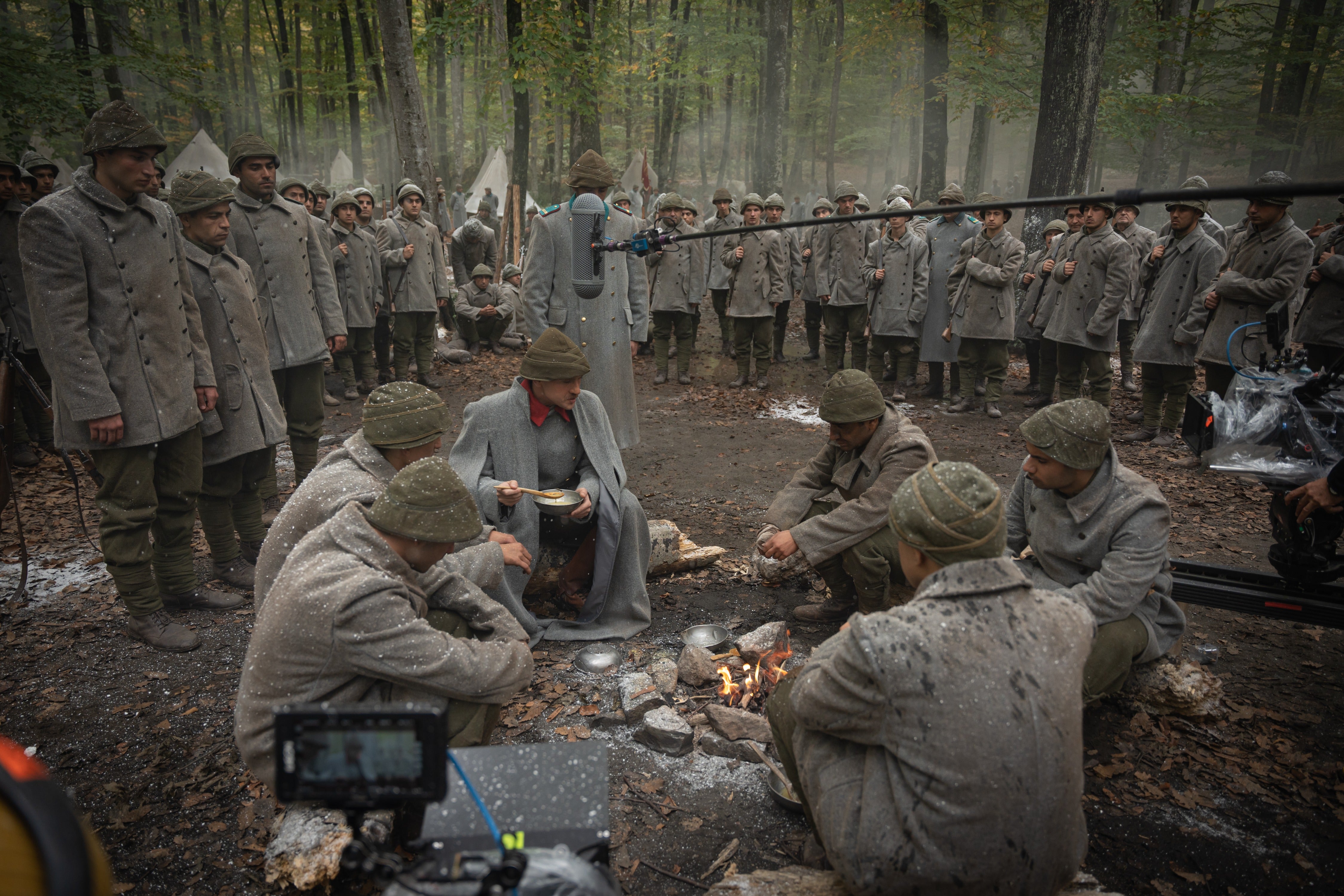The "Atatürk" film is a monumental historical drama encapsulating the life and achievements of Mustafa Kemal Atatürk, the founder of the Republic of Turkey. The project encountered various controversies that compelled a reevaluation of its distribution strategy. Subsequently, the film has evolved into a two-part feature-length production, now titled "Atatürk 1881 - 1919," which aims to portray the crucial years of Atatürk’s early life and his pivotal role in shaping modern Turkey.
The production process of the "Atatürk" movie is considered one of the largest undertakings in Turkish cinema. Director Mehmet Ada Öztekin has frequently mentioned in interviews the responsibility that comes with portraying a national hero. The filming took place in several historical locations throughout Turkey, with particular attention paid to authenticity in the battle scenes. For example, the Gallipoli War scenes required collaboration with historians to ensure accuracy, and a significant budget was allocated for these epic sequences.
Real locations were used throughout the film, giving the audience a sense of being drawn into historical events. Öztekin emphasized that the film isn't just a war movie but a portrayal of Atatürk’s vision and reforms. Although special effects were utilized for certain scenes, the director opted to rely heavily on practical effects for a more organic feel. Öztekin's commitment to historical accuracy and narrative depth reflects a robust production process involving rigorous research and collaboration with historians and cultural consultants.




Leave a comment
This site is protected by hCaptcha and the hCaptcha Privacy Policy and Terms of Service apply.